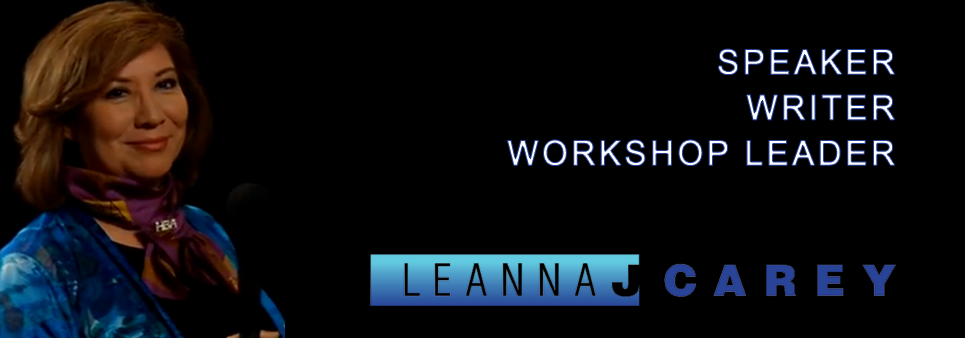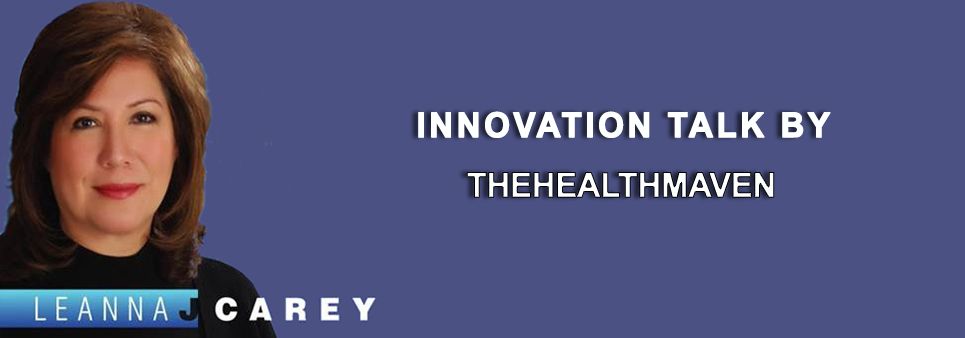How Fat is Your State?
Rousseau said, “A feeble body makes a feeble mind.” I think that it is just the opposite based upon the August 3rd CDC report on obesity. One of the key takeaways for the public is that past efforts and investments to prevent and control obesity have not been adequate. In fact, this is where we stand: 72.5 million adults are obese and the annual medical costs related to obesity are as high as $147 billion.
I suspect that the healthcare industry is beginning to realize that it is difficult to tap into the perplexing issue of choice and understand what really compels one to not back away from the chocolate cake. There are things within our power and how we choose to approach the cake is one of them. I recently read an article on how Frenchwomen pass on style from generation to generation and keeping a steady weight is a lifestyle. A bit of perspective about France as a whole, their obesity rates are rising but far lower than the United States.
The CDC report indicates that no single strategy has been determined most effective; I can share with you from personal experience that posting a fat picture on the refrigerator does not work. So, does obesity come down to the side of choice and personal responsibility, only? Let’s be honest, we all forget what we have the power to control. Don’t you think that understanding, empathy and education enable the ability to make great decisions?






I am a proponent of intuitive eating and incorporate it into my nutrition counseling programs. I believe that it is an essential part of the answer, but not the whole answer. Our environment and lifestyle has made it very difficult to match energy intake with expenditure. In my experience, people succeed when they are able to put the cognitive (understanding energy balance) together with the intuitive (identifying and responding to hunger and satiety cues, practicing mindfullness, and dealing directly with emotions rather than masking them through eating behaviors.Karen Reznik Dolins •
Thank you, Karen! I am enjoying following you on Twitter @nutriciseDr.com
The way this country continues to turn out overprocessed, cheaply made food products is a testament to what its priorities are. It breaks most family’s banks to purchase organic fruits and vegetables, but go to a fast food restaurant, look at the dollar menu and feed a family of four for 10 bucks. Within the current economy, what will the majority of families choose?
Kate, you just voiced the concern of so many parents. Here are some sobering statistics that I borrowed from the Chicago Sun Times as they describe First Lady Michelle Obama’s ‘Let’s Move’ initiative : “Over the past three decades, childhood obesity rates in America have tripled, and today, nearly one in three children in America are overweight or obese. One third of all children born in 2000 or later will suffer from diabetes at some point in their lives; many others will face chronic obesity-related health problems like heart disease, high blood pressure, cancer, and asthma. A recent study put the health care costs of obesity-related diseases at $147 billion per year. This epidemic also impacts the nation’s security, as obesity is now one of the most common disqualifiers for military service.” We are hoping to address more on childhood obesity..so stay tuned!
Hello Leanna,
First of all, I want to thank YOU for visiting my website and giving it such a high compliment, I really appreciate it. Your mention of the light-rail transit system is important; compared to people forty or more years ago, folks of contemporary society are not physically active. The light-rail provides commuters with an opportunity to get in walking exercise. For many people living in larger cities and bustling lifestyle, walking maybe one of the only forms of regular exercise available to them. Charlotte, NC could serve as a model for other urban areas that are looking for clean transit alternatives that offers improved health as a side benefit.
-healthy_blogging
Dear health_blogging..you just gave me a great idea..I have a girlfriend who is an urban planning expert..think I’ll interview her! BTW, your blog is fierce, Lea, TheHealthMaven
You make some very good points. In addition to providing more convenient public transit which is easy to walk to, we need to make our suburbs, especially, more walkable through transforming car-oriented commercial areas into more compact, mixed use centers. Making communities more walkable is healthy not just from the point of view of exercise, but from the perspective of reducing auto dependence and the use of fossil fuels. This in turn reduces pollution and contributes to cleaner air…which is obviously good for everyone’s health. In addition, good planning which by definition includes stewardship of our environment, contributes to a healthy planet…and healthy people. Therefore, we need to promote not only public transit as you say, but good planning in general. Right here in our own suburban communities we can start by supporting efforts to increase transit, and more compact mixed use development…while maintaining healthy green open space systems.
Dear Urban Designer! Thank you for your post – I just returned from a conference in Vegas and wanted to hug Virginia upon my return – healthy, green and open! Can’t wait to interview you, Lea, TheHealthMaven
Obesity maybe caused by a number of factors including poor diet, stress, medicinal side effects, sedentary lifestyle, financial constraints, etc. In MOST cases, however, it is due to a lack of education and awareness as to the dangers of overweight and obesity. It is ineffective to shame a person into losing weight. Indeed it may have just the opposite effect: cause the person to eat more food because his/her self-esteem maybe adversely affected.
People respond differently to information sometimes it is visual, other times it is social proof, etc. What really needs be done is to encourage people to see how their lives maybe improved by leading a healthy lifestyle. It’s also important to note that although we have control over certain elements within our lives, not everyone truly accepts this as fact. Indeed some people think that they have absolutely no control over the outcome of events and thus will not likely take steps to improve their health.
I personally love physical fitness. The benefits go beyond the obvious i.e. increased physical strength, agility and endurance but also increased mental awareness, confidence and improved health of mind, body and spirit. With my website Living Fit, Healthy and Happy, I encourage people to lead a healthy lifestyle but I can not compel anyone to do anything. Ultimately it does come down to freedom of choice. But if a person is properly encouraged, using compassion and understanding, we may see a greater proportion of the general population taking up a healthy lifestyle.
-healthy_blogging
Dear Healthy_Blogging, thank you for your comments, I perused your website http://www.livingfithealthyandhappy.com/ and it is fantastic! I recently read an article in the NYTimes linking sprawl to obesity-where they mention that riding the rails can leave users an average of 6.5 pounds lighter than others, and 81 percent less likely to become obese over time, (according to the study, published in the American Journal of Preventive Medicine). More pointing to lifestyle! Be well & healthy and please come back! TheHealthMaven